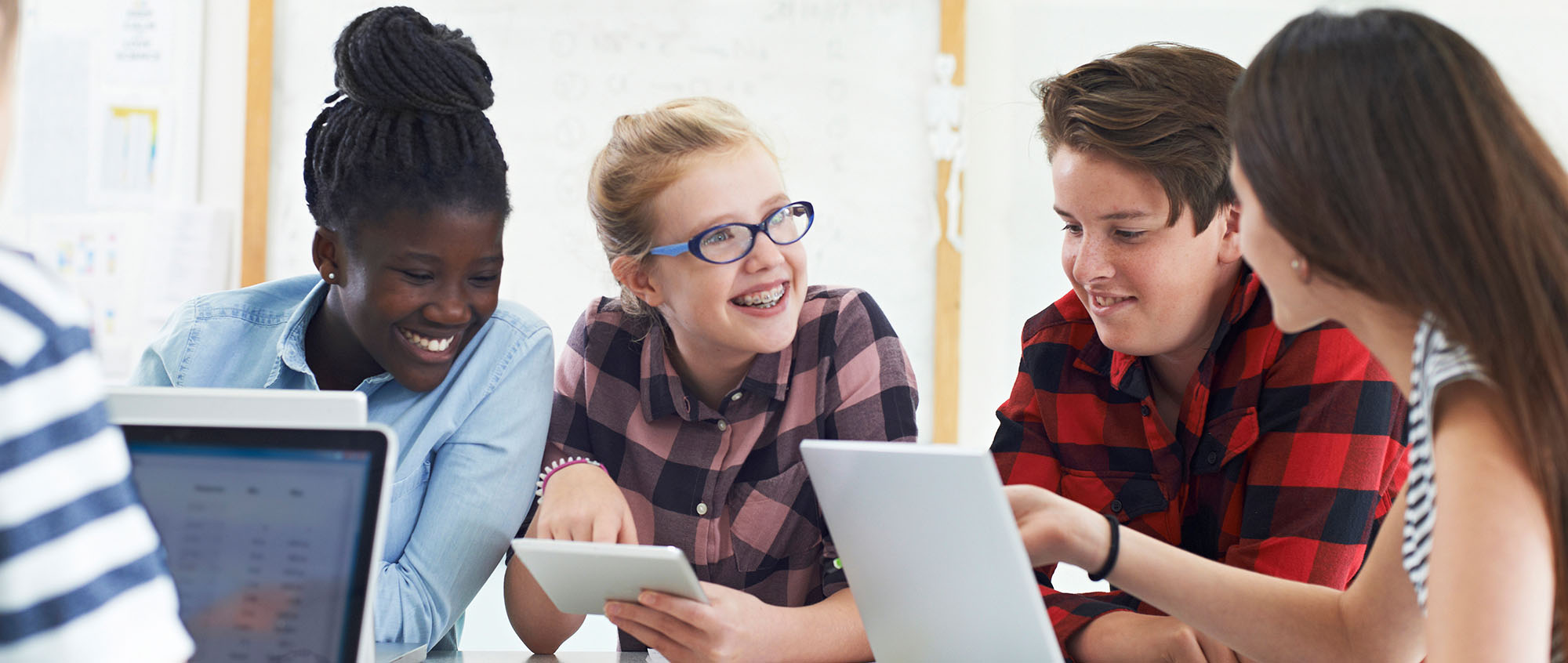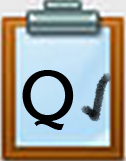Q1 What is a Global Collaborator?: Citizenship
PART 1
Step 1. Make a copy or download this 20.Q1 Global Collaboration Notes Document to use as you go through this Quest.
Step 2: To be a good global collaborator, you need to think like a good global citizen. What qualities do you think a person needs to be a good global citizen?
- After brainstorming a list, watch the video below to begin understanding what skills, competencies, and abilities you will need to be successful as a global collaborator.
- Add your thoughts to your notes document.
What is Global Citizenship? (3:17 min.)
Step 3: Think about the use of video chat tools or apps like Face Time, Google Meet, Zoom or Skype. There are many types of online conversations that can occur. Consider the following:
- Experts: You could chat with a zoologist to learn about an endangered species; talk to a climate scientist about climate change; or explore a topic in history by connecting with a museum curator.
- Colleague (Peer): Colleagues are people who team up to solve problems, research topics, or create presentations. They can be people you know or even students from around the world.
- Classroom to Classroom: Classroom to classroom connections include opportunities for speaking or working with students in another classroom. For example, you may do a Mystery Skype, or have video pen pals OR your class may participate in an online project with another class.
- Careers: Talking to engineers, firefighters, nurses, welders, etc. to find out about their real-life experiences in their jobs and what is required of them will help you explore different careers.
- Culture: Culture is exploring diversity by communicating across geographic boundaries to explore the values and beliefs of an individual or group.
Step 4. With the world as your global playground, who might you connect with and why? Add your reflections to your notes document.
Competencies & Standards
MITECS Michigan Integrated Technology Competencies for Students, and
1. Empowered Learner
a. Articulate and set personal learning goals, developing strategies leveraging technology to achieve them, and reflect on the learning process itself to improve learning outcomes
d. Understand the fundamental concepts of technology operations, demonstrate the ability to choose, use and troubleshoot current technologies and are able to transfer their knowledge to explore emerging technologies
2. Digital Citizen
a. Cultivate and manage their digital identity and reputation and are aware of the permanence of their actions in the digital world
b. Engage in positive, safe, legal and ethical behavior when using technology, including social interactions online or when using networked devices
3. Knowledge Constructor
c. Curate information from digital resources using a variety of tools and methods to create collections of artifacts or solving authentic problems
d. Build knowledge by actively exploring real-world issues and problems, developing ideas and
7. Global Collaborator
a. Use digital tools to connect with learners from a variety of backgrounds and cultures
Websites and Documents
Websites
- Active Listening
- Effective/Ineffective Communication Quizlet
- Introduction to Chat and Messaging
- Listening Skills Infographic
- Making Video Calls With Skype
- Online Phone Calls
- Participate Learning Website
- Slideshow for speaking and listening
- World Map Time & Date Calculator
Videos from Outside Sources
- Empathy YouTube
- How to Show Empathy YouTube
- What is Global Citizenship? YouTube
- Working Together Digitally Video
21t4s Videos
21t4s Documents & Quizzes




